thriving in captivity: the story of an exile
Today this phrase – this piece of a sentence – was spoken to me.
Thrive in captivity.
And I can’t stop thinking about it.
What does that mean?
How does one do that?
What does that look like?
It’s a garden in prison.
You know?
A flower box inside a jail cell.
It’s being a slave but not losing hope.
It’s like being a foreigner but not being forsaken.
The idea really captures me.
And my language here might be a mix and a jumble of both my words and my thoughts and her prompting and her questioning and I hope that doesn’t qualify as plagarizing in some convoluted manner.
She referenced Jeremiah 29 and there’s that verse in there that makes its appearance on every graduation announcement and every baby dedication and I am not trying to belittle the words or make light of what people sincerely mean in those situations but I heard the verse and I sort of mentally wrote it off. You know the verse ….. “For I know the plans I have for you,” declares the Lord, “plans to prosper you and not to harm you, plans to give you hope and a future.”
But then we talked some more. And I went home and read the beginning of Jeremiah.
And there is such a bigger picture. (Because there always is.) And these people, these people for whom the Lord has a plan, these people to whom he is speaking – they are in exile!
Those words were in a letter to the surviving people in exile. The surviving people because some of the people in exile had already died. In exile. They had died in exile already and these words were for the people still remaining. Still remaining in exile. And the message was one of hope. A future. Words that don’t ring true through prison walls.
You guys.
These people, the listeners to these words, they were just stuck. Prisoners. Foreigners. Living in a city not their own. Their lives rising and falling on a plot of earth not their home. They weren’t safe. They weren’t secure. They weren’t getting married and having babies on their home turf. Their lives weren’t what they had planned or how they had imagined. They were prisoners in a strange land.
They did not belong.
But God told these life-sentence prisoners to
Build houses and settle down; plant gardens and eat what they produce. Marry and have sons and daughters; find wives for your sons and give your daughters in marriage, so that they too may have sons and daughters. Increase in number there; do not decrease. Also, seek the peace and prosperity of the city to which I have carried you into exile. Pray to the Lord for it, because if it prospers, you too will prosper. (Jeremiah 29:5-7)
And when I read all this stuff, I think about me. My kids. My life. My personal prison.
I think about my friend Hilary. Her husband. Her children. About to be literal foreigners in a foreign land.
Shoot, I think about most all of us, struggling through some heavy dirt and junk and trouble and knowing (knowing) that we don’t belong.
We don’t fit.
We are not at home.
And then I think about thriving.
Thriving in captivity.
I think about planting flowers and putting down roots and painting walls and building tree houses, all the while knowing that this is not your home. All the while seeing the walls of the prison right around you but painting pretty pictures and bright colors on those walls even as those walls keep you trapped.
(And I think you know I don’t mean ignoring the walls or foolishly pretending they don’t exist or any sort of brain washing techniques that we sometimes call coping.)
I’m talking about something different.
It feels an awful lot like the lessons renting has taught me in years prior to this.
I don’t think I know entirely how to do this – this thriving in captivity.
But I do think I want to.
I don’t think thriving means I hope to stay inside these prison walls. I don’t think thriving means resignation to fate. I don’t think it means ignoring the battles I am called to fight.
I think it looks a little bit more like – a beauty in the mess, flowers on the table, laughter despite the hard, hand holding and back scratching before bed with the Ones you love best.
Maybe it looks a tiny bit like the life I am leading. Maybe it looks a tiny bit like hope. A tiny bit like the right now and the forever. A tiny bit like joy through the sorrow, showing up when you don’t feel like showing up.
Thriving in captivity.
I don’t know. It sounds really hard to me. But it sounds like some place I’d rather be than collapsing under the weight of these prison walls.
________________________________
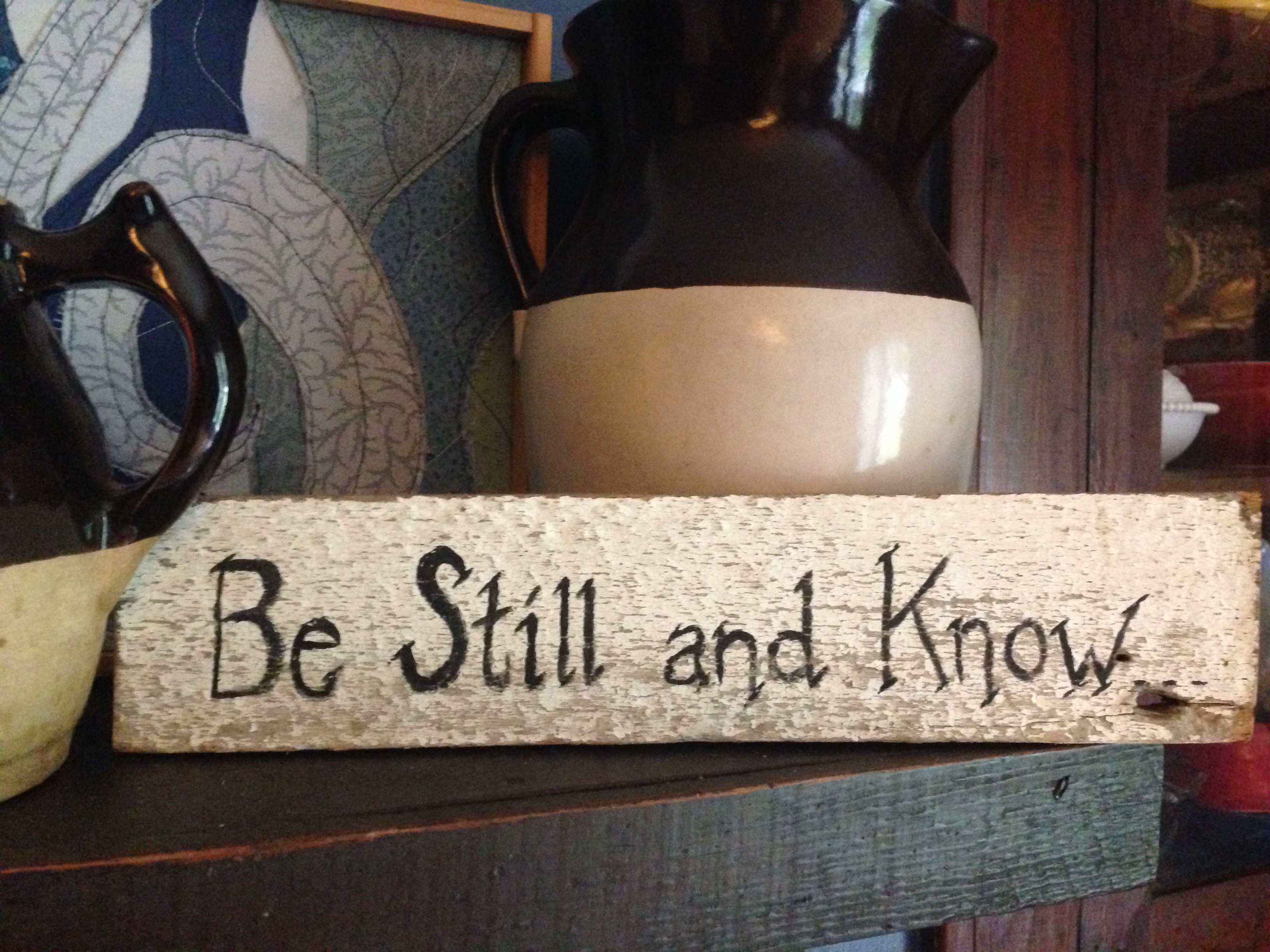
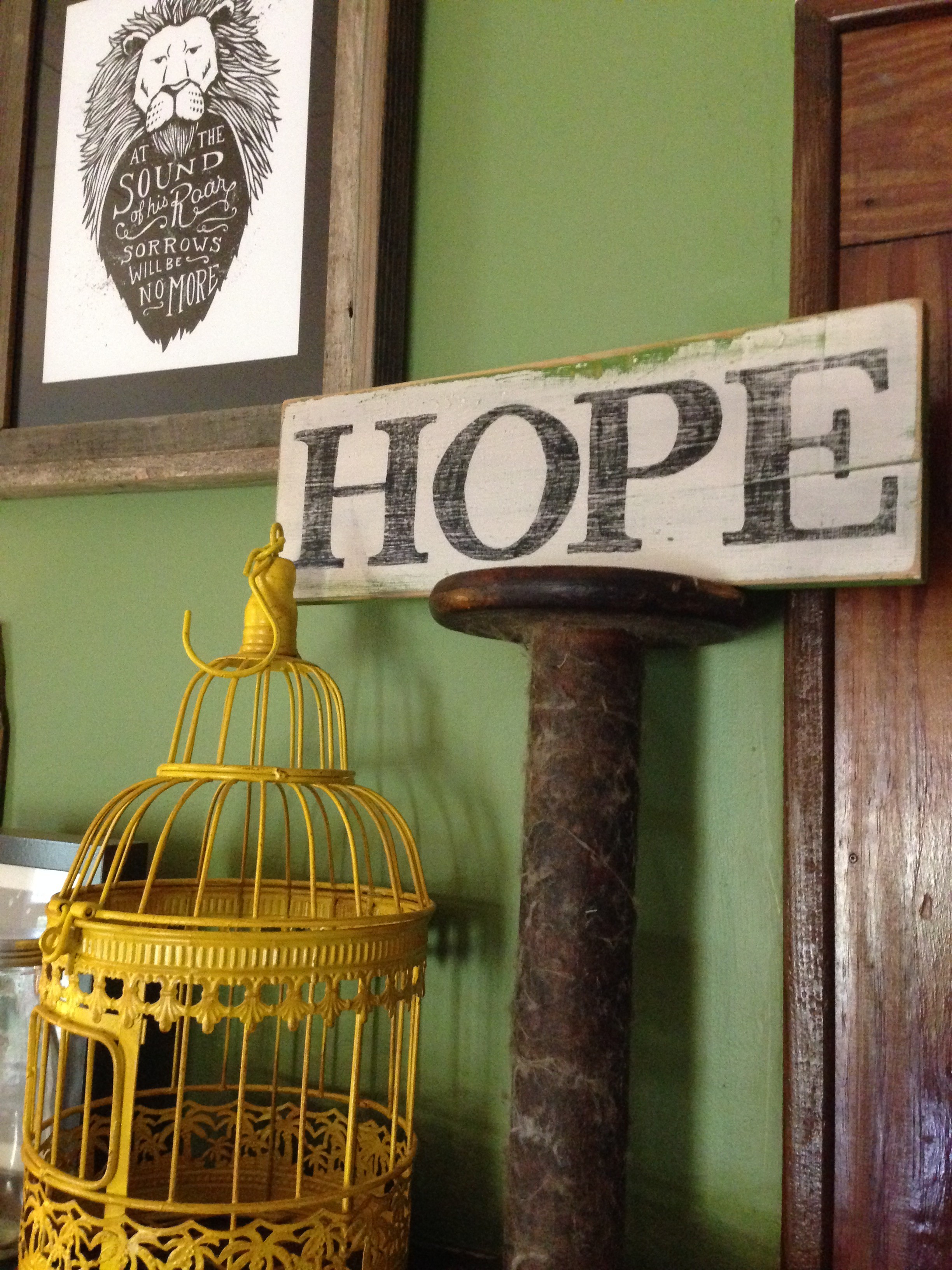
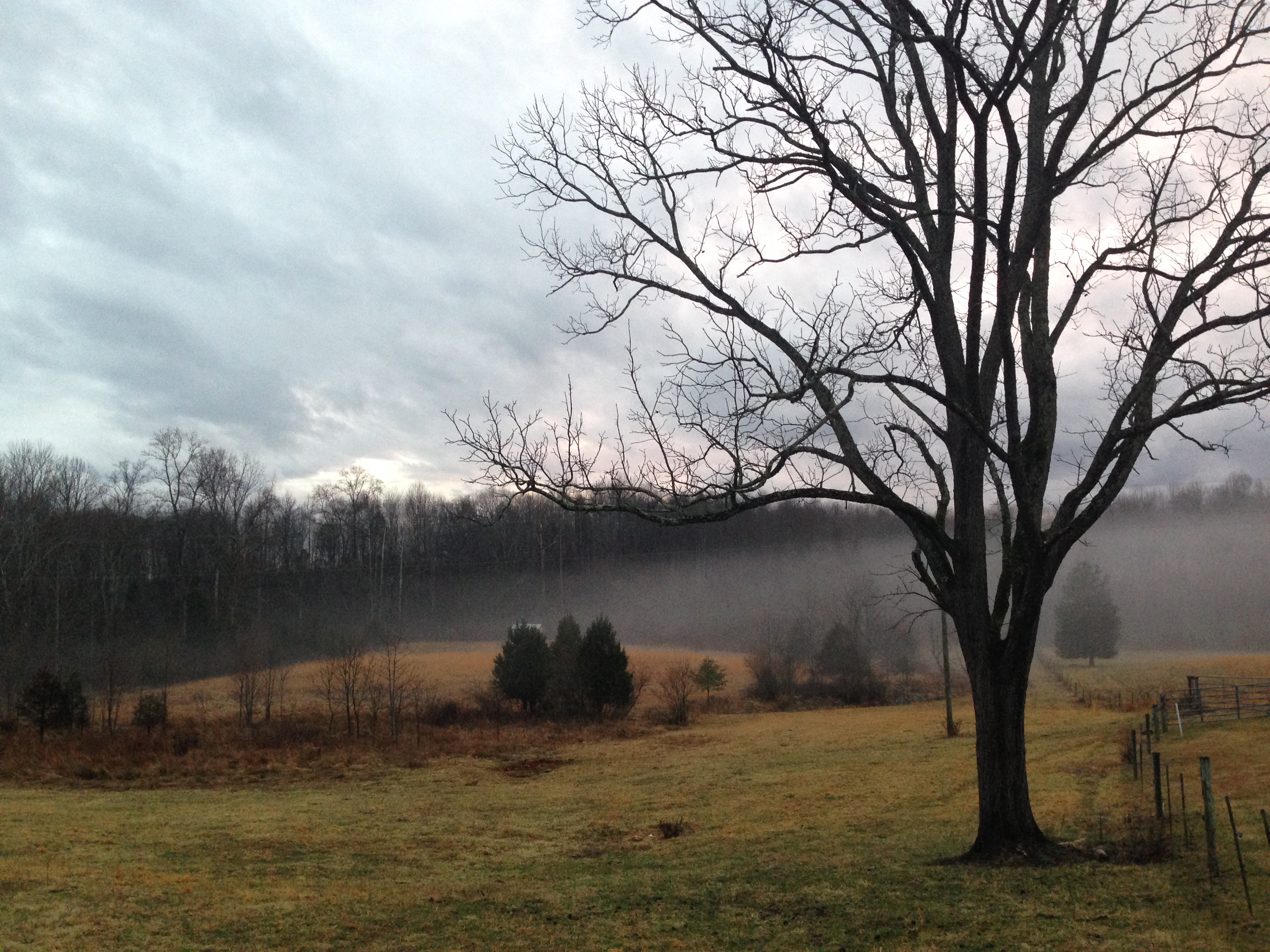
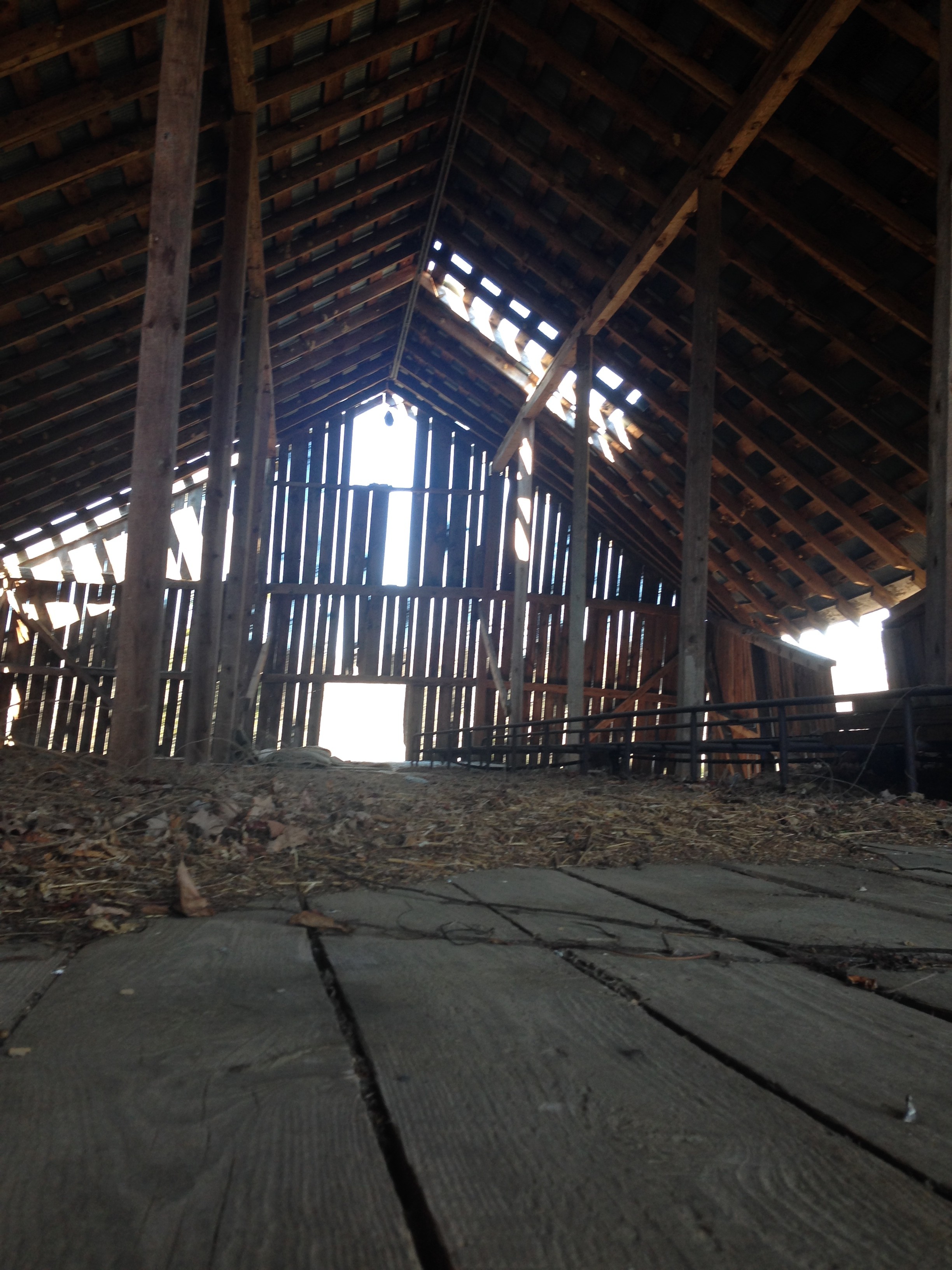
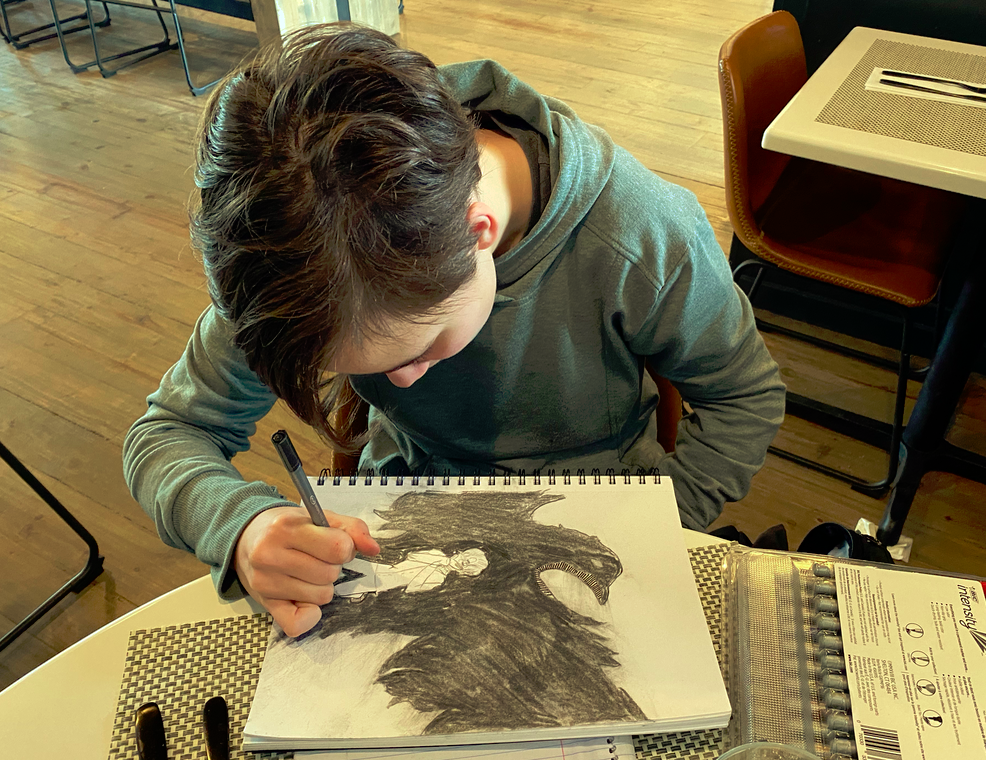
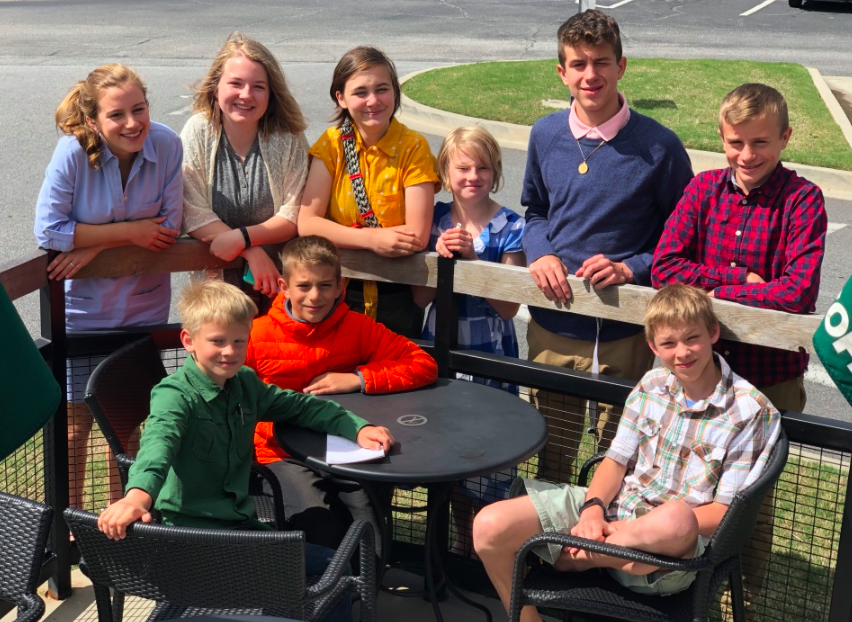
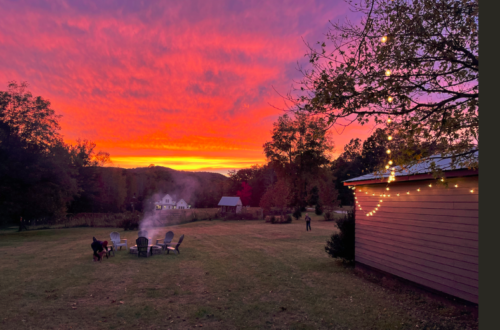
7 Comments
Sara
A high calling- this thriving in captivity; this living as exiles. One that I cannot do.
But praise God! for the Holy Spirit who raises us to these heavenly places in Christ Jesus and makes us able, makes us victorious, conquering exiles!
Thank you for these words.
Pat Meeks
Enjoyed this very much! The whole time I was reading, I was singing Casting Crowns song, Thrive! We sang it Sunday morning. Our church is pressing toward thriving at the moment with heavy hearst. We suddenly lost our pastor a month ago tomorrow. However, we will thrive! Again, thanks for this writing!
laceykeigley
Thanks for commenting — I’ll have to look up that song.
judy kay
I love this, Lacey.
Karen
My heart echoes a resounding YES!!! Thank you for sharing this. These words – ‘Their lives weren’t what they had planned or how they had imagined.’ And these – ‘Maybe it looks a tiny bit like the life I am leading. Maybe it looks a tiny bit like hope. A tiny bit like the right now and the forever. A tiny bit like joy through the sorrow, showing up when you don’t feel like showing up.’ Hard truths. But still true.
I hate what you are experiencing. But I love the work God is doing in me thru you. And, I love the work he’s doing in you as well!!
laceykeigley
The work God is doing in me (and in you and in any other “you” that is somehow, through God’s grace, influenced through these words on this website) is a genuine miracle that makes some of the burden of the prison walls seem less burdensome and less prison-like.
joanna
this is beautiful. thank you for writing it.